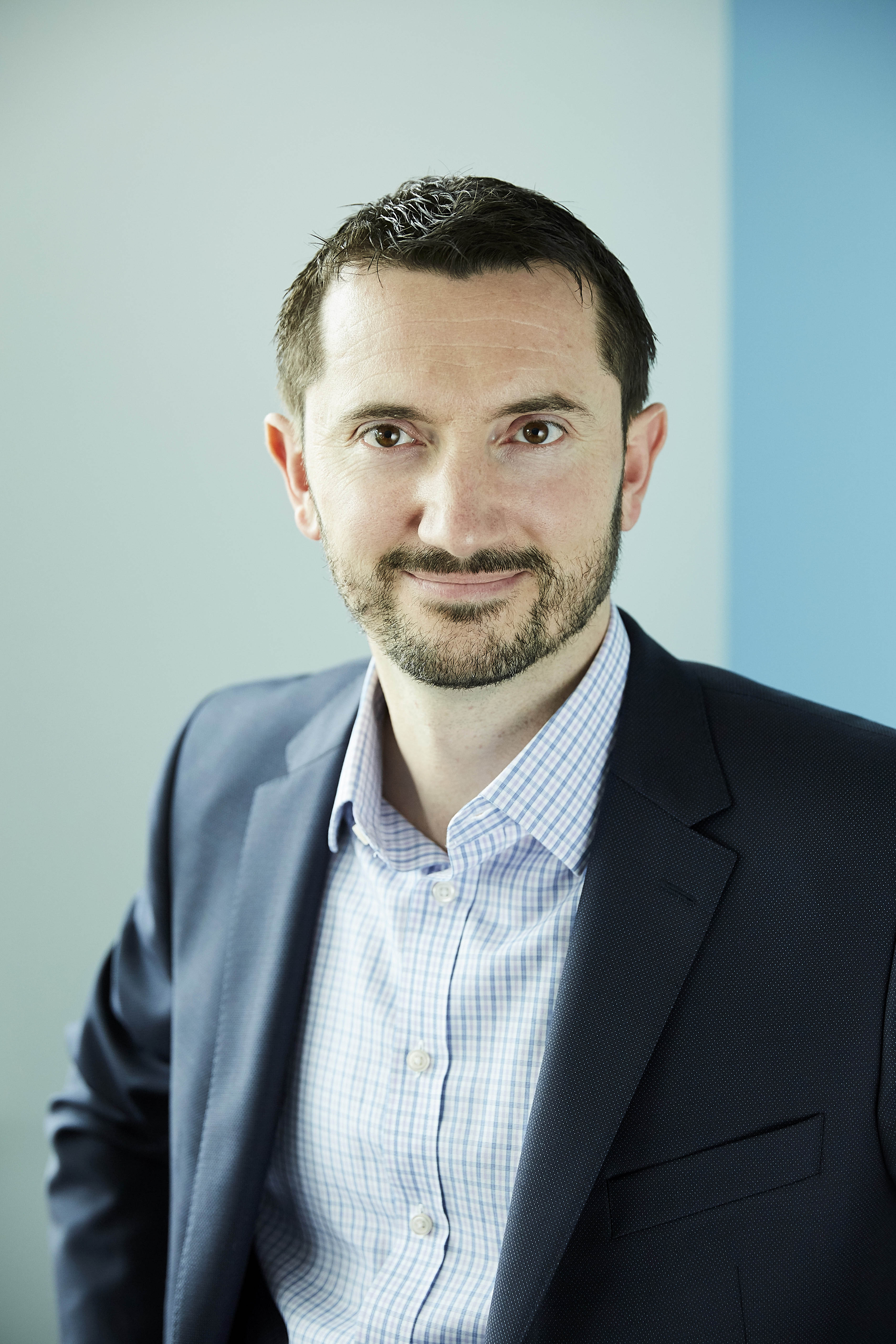In this instalment of our Careers Inspiration series, we speak with Ruth Denyer, Co-President IIRSM and Senior Director, Production Health and Safety at Netflix.
In this video, we discuss what attracted Ruth to work in health and safety, and why he would recommend it as a great career choice, specifically in the TV, media and production industry. Ruth also speaks about the skills a modern health and safety professional requires and her top tips for anyone starting out in their safety career.
What attracted you to work in health and safety?
So, when I was looking to study my degree when I was 18, I looked at all the degrees that are available and I saw there was one to do with, I think it was Occupational Health and Safety Management was the title of it at Leeds and it was a three-year degree that went into all the aspects of health and safety that we know. So, from organisation to physiology to the law and it looked like a really broad, interesting subject that was relevant but could go in lots of different directions and so that idea of studying something that you could use in lots of different industries in different ways was really, really great and I was 18, I didn't know exactly what I wanted to do.
Why would you recommend health and safety as a great career choice?
I think health and safety is a great career choice because it's a fascinating subject that touches every aspect of work. So, what I love about it is it's so broad and it's about, I go back to, it's about people. Because actually if you're someone who really wants to work with people and cares about people and the impact of work on people, then it's an amazing topic to be able to look at, think about leading all those things. So, I think it's, it hits so many different things in terms of what makes work worthwhile for me.
Why TV, media, and the production industry?
It's a great question. So TV media production, when I, it goes back to when I graduated, I was thinking about what to, where, where to go and work and there was a job at National Theatre for a safety advisor and I just suddenly clicked that actually I could do this in the creative industries and what an amazing place to challenge how you do things safely when what you're doing every day is different and there is creative vision and there is true art behind the craft of production. I just think it's a phenomenal place to be and to have a job that is valuable to the people who actually make the incredible content and be it theatre, TV, whatever it is, it's just an amazing place to find a home.
What tips would you give to anyone starting their career in health and safety?
Don't think you know everything is one of my big tips for people starting their career in health and safety because I think it's easy if you, and like we, I studied for three years and I remember my first day at work thinking, "What do I actually do now?" Because you kind of know in theory, but in practise, roles are dependent on the organisation you're in, the sector you're in or and spend time being curious because you can't go in and know the answers automatically.
What skills do you think the modern health and safety professional needs today?
I think if we are looking at how you are successful as a safety professional today and in the future, there are two different strands you need to fill. One is technically you do need to know the job and that's really important and that can be from studying, from experience, from all those things, but you do need to understand the job and the industry you choose to work in and you need to spend time building that and then you need all those skills that everybody in the workplace needs to be successful, which are the skills about interacting with people. They're the skills if you manage people about how you manage people effectively, how you communicate, how you have empathy, all those things that make actually any role successful. You can get technical process safety that maybe has the technical side as well as the less people side, but I still think how you engage, how you get on with people, how you articulate what you're trying to achieve, all of those things are critical to any profession and probably even more important to safety because I think we've got a, an uphill challenge getting it understood and getting people to really engage with it as a topic outside of the boundaries of the safety profession.

